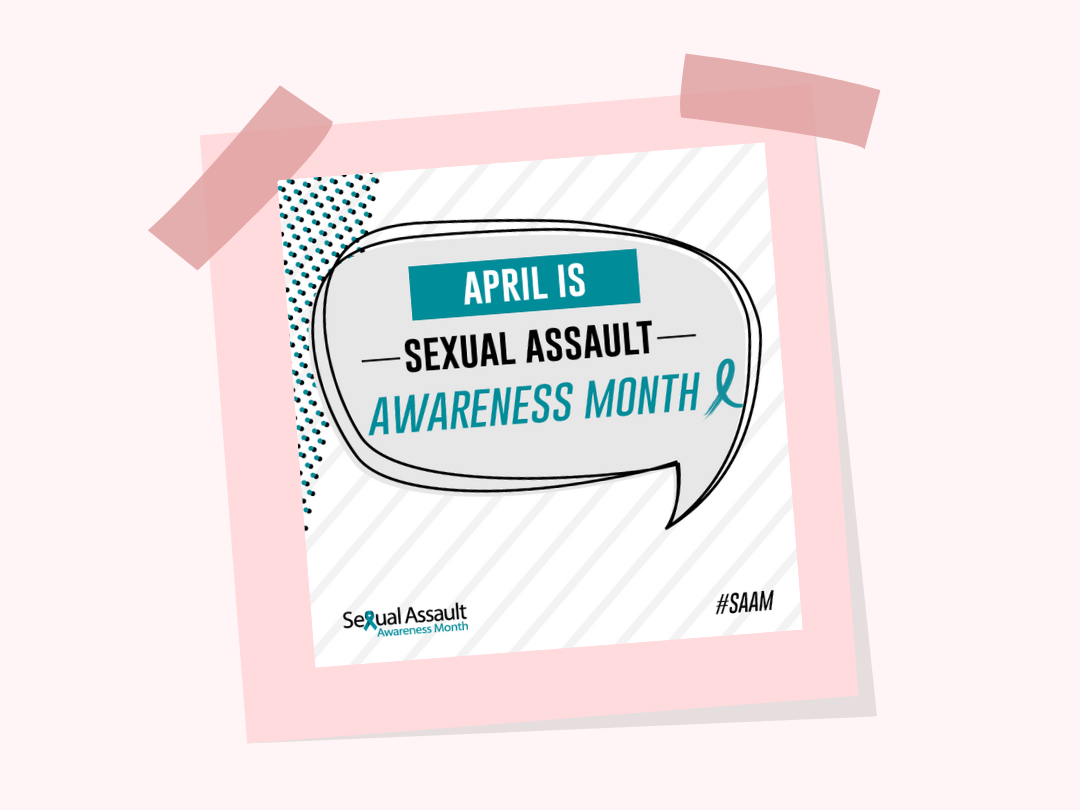How I Took Back My Life – My Story of Sexual Abuse & Trauma

Did you know that one in five girls is a victim of sexual abuse? I am one of these girls. I wanted to share my story not for pity, but to let people know that abuse is far too common and the effects are life long.
Long-Term Effects Of Abuse
I was abused by multiple men when I was between the ages of 7 and 13. It was not until my twenties that I started to face the reality of my abuse and get treatment. The process was long and painful, but also very necessary. I now no longer consider myself a victim. I am a survivor of sexual abuse. But, like most survivors, I have multiple effects that I live with daily including PTSD, claustrophobia, disassociation, OCD and overachievement.
As a kid, I expected perfection from myself. I believed that if I was the perfect student and athlete then maybe people would not notice that I was damaged. This carried into my adult life. I have been blessed with an incredibly supportive family and great therapists who have helped me to live a functional and healthy life and I am forever grateful.
If you’re someone dealing with trauma, I want you to know that there is life after abuse – even a healthy and satisfying one. I do believe that I am the person I am today because I am a survivor. I am strong and I fight for what I believe in and I am extremely protective of those I love. I would ask that if you know someone who has been abused please do not expect them to “just get over it” or “move on” – it is not possible. Be accepting, kind and if you can, help them get the professional support they need to heal.
Life After Trauma
In order to live a full and fulfilling life after a trauma you must do the work. Get into therapy, commit to it and allow yourself the time to heal. This does not happen overnight and for some (including me) it has taken years. And to be honest, I still work on it today. I have been in therapy most of my adult life, although now it is more of a maintenance practice than it was in the beginning. The work is hard and in some ways harder than the abuse itself but it is worth it.
Find people you can trust and share your story with them. My closest circle of friends and my immediate family know my story. I do not feel the need to share all the details, but it is important to share some because it holds me accountable to be true to myself and to know that I am accepted by those I love.
Celebrate your growth. In my 20s and 30s my OCD and claustrophobia were present in every thing I did, every single day. Today it rears its head on occasion and when it does I celebrate that it is now only occasionally. Disassociation was also present in my intimate relationships for most of my adult life however my husband and I have worked on this and found ways to stay fully connected to keep me grounded and present.
Be kind and accepting of yourself. Trauma does not go away but becomes less and less prevalent if you do your work. When it comes up for me I allow myself to recognize it and try to be kind to myself.
So yes there is life after trauma. My abuse does not go away nor do the long term effects however I am pleased to share that it does not control me or define me. I am a strong, smart and beautiful woman and I am proud to be a survivor.
How to Pick the Right Therapist
Because I am an advocate for therapy, I am often asked how to find the right therapist. While there is no magic bullet, here are some general guidelines to follow:
Get a referral – I would ask a friend or family member who knows you well if they have any recommendations. You can also ask your doctor, however a friend is likely to know what makes you tick and therefore will have a better chance of finding a match for you.
If you want to find someone covered by your insurance, then visit your insurance company’s website and look for an in-network provider. Make sure to do your due diligence and check for reviews on google.
And then I think most importantly, set up an initial consultation and evaluate if you feel comfortable or not. The research says that the most important factor in therapy is that the client and therapist connect. You want to feel heard and understood. If you do not feel a connection then keep looking. If you do not like the person you will dread going and the experience will not be nearly as beneficial.
Need Help?
Call 800.656.HOPE (4673) or visit rainn.org to live chat with a trained staff member. Help is available 24/7.
